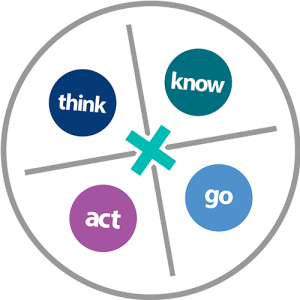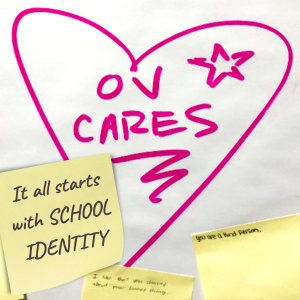From the Summary:
Popular conceptions of college and career readiness are broadening beyond strictly academic competencies like literacy and numeracy. New thinking on the many dimensions of preparedness has produced volumes of research and scores of new products. In fact, educators and employers may find it difficult to separate signal from noise and focus on the readiness paradigms that suit their needs. In this paper, we [Matthew Gaertner, David Conley, and Paul Stoltz] attempt to clarify the readiness landscape. We introduce three readiness paradigms—the college readiness index for middle school students, the Conley Readiness Index, and GRIT—and review their goals, theoretical foundations, and empirical support.
This paper dedicates particular focus to strands of convergence and divergence between these three approaches. A few core tenets underpin each of the three readiness paradigms: (1) scholars, educational practitioners, and employers must develop an expanded definition of readiness and success, (2) useful readiness paradigms should empower the learner, and (3) rigorous measurement still matters. The paper concludes with a short set of recommendations focused on how new approaches to college and career readiness can be used to support smarter and earlier interventions and open college and career pathways to all learners.
From the Recommendations:
Recommendation 1: Understand what readiness assessments measure, and what they do not. As we have reiterated throughout, conventional assessments of academic achievement do not explicitly measure anything other than academic achievement….
Recommendation 2: Use research to intervene and support, not label and blame. It should be evident in the three parts above that these readiness approaches were designed with a common underlying purpose—helping learners and workers maximize their potential and live fully in their time….
Recommendation 3: Assessment should open doors, not close them. It should also be evident in the three parts above that we stand firmly in opposition to assessments that tell students and workers what they can’t do….
OnTrack-RedefiningReadiness_2016.pdf (2291 downloads )Authors include: Dr. David Conley, EPIC’s founder




